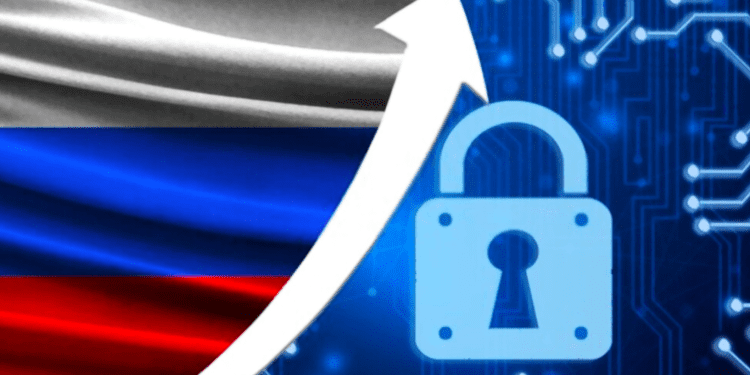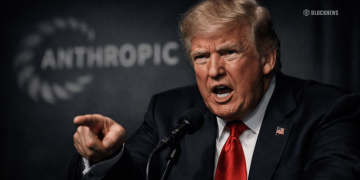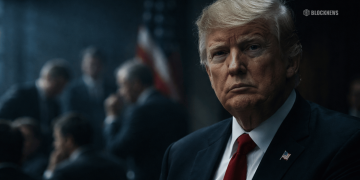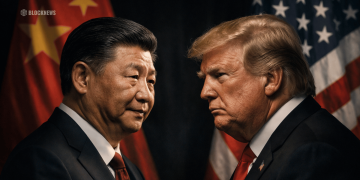Russia’s largest bank, Sberbank, intends to make its blockchain technology available so anyone can create non-fungible currency (NFTs). With more than four thousand branches and two million clients worldwide – this move will undoubtedly enhance accessibility to and interest in NFTs among clientele.
The news comes not long after Russia set itself up to legalize cryptocurrency in international trade after being cut off from the SWIFT global payment system.
Sberbank’s Announcement
Sberbank’s Deputy Chairman Anatoly Popov was quoted at the Eastern Economic Forum, saying that the bank’s blockchain technology would soon offer a feature to let customers create their own NFTs. Sberbank launched its blockchain platform after getting permission to issue digital financial assets (DFAs) from the Central Bank of Russia in March this year.
Popov added that Sberbank has plans to begin working on initiatives with galleries, art websites, and perhaps sports organizations for NFT releases linked to competitions and games. Popov commented that this is something new for the bank and due to the regulation requirements, the service will initially be limited, he continued.
In the fourth quarter of 2022, the platform will also be made available to private individuals. Currently, it is only accessible to legal businesses. Popov acknowledged that, despite limitations or unanswered questions, there is a growing market demand for NFTs. He further pointed out that Russians have successfully sold digital assets on other countries’ marketplaces. Thus having the ability to use a Russian market is in the economic best interest of Russia.
Hurdles in Crypto Adoption
Andrey Burilov, Member of the Board and Managing Director for Information Technology at the Moscow Exchange, said, “this is a new product for the market, from legislation to software, and this presents the biggest challenge in execution. Another obstacle is its integration into the existing exchange systems and its clients.”
Early in July, the head of the lower house of parliament’s Financial Market Committee, Anatoly Aksakov, said that a Russian digital asset exchange would be in the most significant position to handle cryptocurrency transactions in the country. The establishment of the cryptocurrency trading platform at the Moscow Exchange was another suggestion made by Mr. Aksakov.
Authorities’ take on Adoption of Crypto & NFT
For years, Russia has denounced cryptocurrencies as potentially supporting terrorism or money laundering. The central bank declared last Monday that its ability to regulate monetary policy, the general public’s welfare, and the economy’s stability were all in jeopardy.
The finance ministry has its views on how to regulate the cryptocurrency market, according to Chebeskov, director of the division responsible for financial policy. The legislature considers these views, and ultimately changes to laws or regulations must be passed by parliament.
“The world has gotten increasingly virtualized, and I don’t think we can allow ourselves to grab a high-tech industry and ban it. These innovations should unquestionably be developed domestically. We don’t want them to leave the country.” Chebeskov remarked at the crypto asset conference hosted by the Russian.
Andrey Burilov said, “For market players, digitizing commodities adds value. MOEX wants to use DFAs to give its customers another investment option that presents a novel technique to guarantee information security.”
Conclusion
Even though Russia has not wholly regulated cryptocurrencies, the existing legislative framework is taking steps in that direction. The relevant law “On digital financial assets” will be reviewed by Russia’s lower house of parliament in the coming months.
Despite outward impressions of Russian institutional adoption of cryptocurrency, significant opposition remains. Most government institutions believe the Russian ruble should remain the only legal tender in the country. Regardless of dissenting opinions, businesses and individuals will soon be able to mint NFTs on Sberbank’s blockchain platform.













